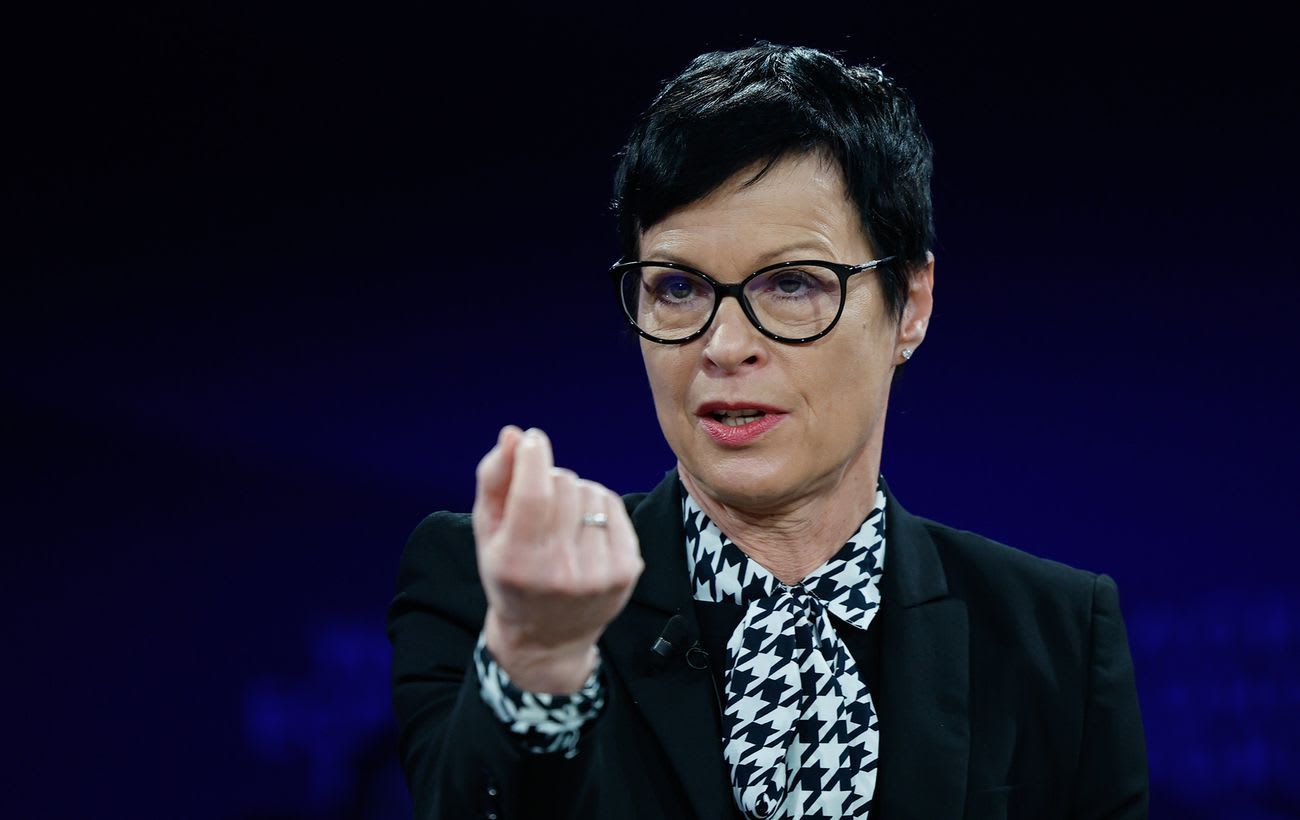Hungary’s Veto and the Path to EU Membership for Ukraine
The European Union faces a significant challenge in its efforts to integrate Ukraine, as Hungary has imposed a veto on further negotiations. This decision has stalled progress on key aspects of Ukraine’s path to joining the EU, including the opening of the first negotiating cluster. The situation raises several critical questions about the future of Ukraine’s accession, the role of EU member states, and the broader implications for European unity.
Overcoming Hungary’s Veto
One of the most pressing concerns is whether and when Hungary’s veto can be overcome. European Commissioner for Enlargement, Marta Kos, emphasizes that the EU has historically managed to make joint decisions despite internal disagreements. She remains confident that a solution will be found before the Hungarian elections next spring. While the Council must reach a unanimous decision, the technical readiness of Ukraine to proceed with negotiations is clear. Kos notes that Ukraine has already submitted two additional screening reports on clusters two and six, demonstrating its commitment to meeting EU standards.
Despite the current blockage, Kos believes that the Danish presidency of the EU, which began in July 2024, will play a crucial role in facilitating progress. She encourages Ukraine to continue its reforms, fight corruption, and strengthen the rule of law, all of which are essential for a safer and more stable Europe.
Realistic Timeline for EU Membership
A central question is whether Ukraine’s accession to the EU by 2030 is still realistic. Kos acknowledges the complexity of the process but highlights Ukraine’s rapid progress. She points out that while some Western Balkan countries have been waiting for decades to start accession negotiations, Ukraine is moving forward at an impressive pace. For example, North Macedonia was granted candidate status in 2005, but it took over 20 years before negotiations began. In contrast, Ukraine is making significant strides, and Kos believes that the EU’s priority is to support this process.
She also mentions that President Ursula von der Leyen has expressed confidence that Ukraine could become a member of the EU before 2030. However, Kos stresses that the timeline depends on Ukraine’s ability to align its legislation with EU standards, as well as the political will of both Ukraine and the EU to move forward.
Public Support for Ukraine’s Eurointegration
Public opinion across EU member states shows strong support for Ukraine’s integration into the EU. A recent survey indicates that Ukraine is the most popular candidate country in 14 member states, with over 50% of citizens backing its membership. Countries such as Sweden, Denmark, Finland, and Lithuania show particularly high levels of support, with percentages ranging from 72% to 91%. Additionally, 70% of Ukrainians support EU membership, with even higher trust levels at 82%.
Kos draws parallels between Ukraine’s current situation and Slovenia’s experience after its independence in 1991. Although Slovenia’s war was much shorter and less intense, it became clear that EU membership was the only viable path forward. This historical context reinforces the importance of the EU as a source of stability and security.
Financial Support and Reconstruction Efforts
The EU has provided substantial financial aid to Ukraine since the Russian invasion in 2022, with nearly €160 billion in humanitarian, financial, and military assistance. This includes €7 billion in loans under the G7’s European Recovery Assistance (ERA) program and €3.6 billion allocated for defense equipment through the European Peace Facility.
Looking ahead, the EU expects to cover more than 80% of Ukraine’s external financing needs in 2024. This support will continue in the coming years, with a focus on recovery and reconstruction. The upcoming Ukraine Recovery Conference in Rome, Italy, will play a key role in mobilizing international funding and aligning political support for Ukraine’s long-term development.
Decoupling of Ukraine and Moldova’s Paths
There has been speculation about whether Ukraine and Moldova’s paths to EU membership could be decoupled. However, Kos confirms that both countries are ready to open the first negotiation cluster. The next steps depend on the Council’s decisions, but she emphasizes that both countries should move forward together.
Future of EU-Ukraine Relations
As the war continues, the EU remains committed to supporting Ukraine not only through financial aid but also through political and strategic cooperation. Kos highlights the importance of Ukraine’s role in promoting European values, peace, and security. She also notes the growing interest from European businesses to invest in Ukraine, even amid ongoing conflict.
In particular, she points to the potential for closer cooperation in defense, where Ukraine has demonstrated remarkable innovation in areas such as drone technology. This collaboration could strengthen Europe’s collective security and provide valuable lessons for future defense strategies.
Conclusion
The path to EU membership for Ukraine remains challenging, but the commitment of the EU and the determination of Ukraine are clear. Despite Hungary’s veto, there is hope that a solution will be found soon, allowing Ukraine to continue its journey toward full integration. With strong public support, significant financial backing, and a shared vision for a secure and prosperous Europe, the future of EU-Ukraine relations looks promising.







